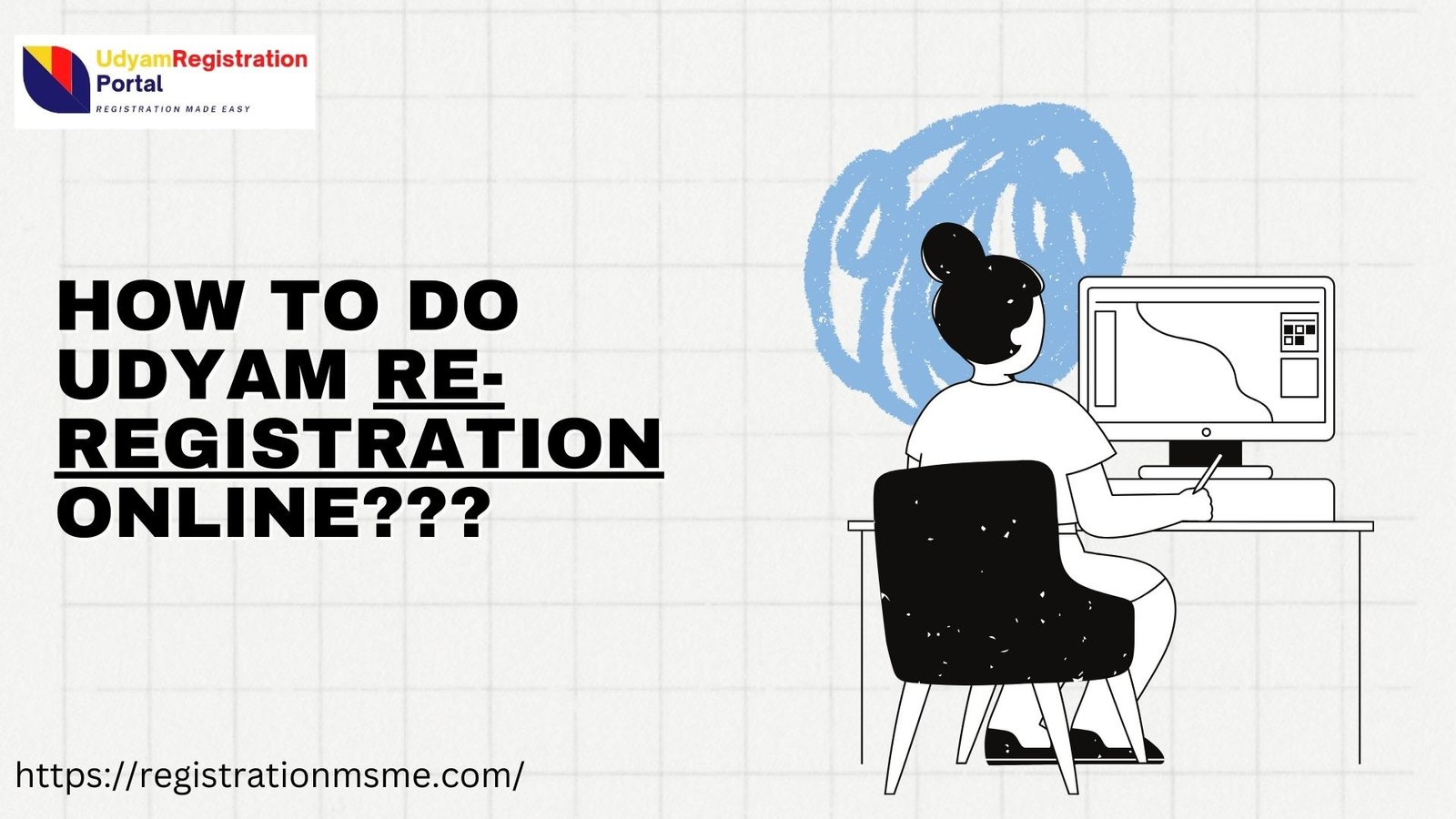In the age of digital transformation, data analytics in healthcare has emerged as a game-changer. The healthcare sector generates massive amounts of data daily, including patient records, medical imaging, prescriptions, and clinical trial information. Harnessing this data effectively through advanced analytics can significantly improve patient outcomes, reduce costs, and enhance operational efficiency.
What is Data Analytics in Healthcare?
Data analytics in healthcare involves collecting, processing, and analyzing healthcare-related data to derive meaningful insights. These insights help healthcare providers, administrators, and policymakers make informed decisions. By leveraging modern technologies like artificial intelligence (AI), machine learning (ML), and big data, the healthcare industry can transition from a reactive to a proactive model of care delivery.
Benefits of Data Analytics in Healthcare
The integration of data analytics in healthcare offers numerous advantages that impact both patients and providers. Here are some of the most prominent benefits:
1. Improved Patient Care
Through predictive analytics, healthcare providers can identify potential health issues before they become severe. For instance, analyzing patient histories and genetic information can help forecast the likelihood of developing chronic conditions such as diabetes or heart disease. Early interventions can then be implemented, improving the quality of care.
2. Enhanced Operational Efficiency
Hospitals and clinics often face challenges like resource allocation and scheduling. Data analytics can optimize these processes by predicting patient admission rates, managing staff schedules, and ensuring the availability of essential medical supplies. This results in reduced wait times and improved patient satisfaction.
3. Cost Reduction
With the rising costs of healthcare, data analytics helps identify areas where expenses can be minimized without compromising care quality. For example, analytics can detect inefficiencies in hospital workflows or highlight the overuse of certain medications and procedures, allowing institutions to streamline operations.
4. Personalized Medicine
The era of one-size-fits-all treatments is fading. Data analytics enables personalized medicine by tailoring treatments to individual patients based on their unique genetic profiles and medical histories. This approach increases the effectiveness of treatments and minimizes potential side effects.
5. Disease Surveillance and Public Health
By analyzing trends in healthcare data, public health authorities can monitor disease outbreaks and take timely action. For example, data analytics played a crucial role during the COVID-19 pandemic, helping to track infection rates, predict hotspots, and allocate resources effectively.
Key Applications of Data Analytics in Healthcare
The use cases of data analytics in healthcare are vast and varied. Some of the key applications include:
1. Predictive Analytics
Predictive analytics uses historical and real-time data to forecast future events. In healthcare, it can predict patient readmissions, identify high-risk patients, and anticipate demand for specific services.
2. Population Health Management
Analyzing data from entire populations allows healthcare providers to identify health trends and address disparities. This can lead to targeted interventions for at-risk groups and better allocation of public health resources.
3. Fraud Detection
The healthcare sector is susceptible to fraudulent activities, including insurance scams and false claims. Advanced analytics can flag suspicious patterns, ensuring financial integrity.
4. Drug Development and Research
Data analytics accelerates the drug discovery process by analyzing vast datasets from clinical trials. This not only speeds up the development of new treatments but also reduces costs associated with research and development.
5. Electronic Health Records (EHRs)
EHR systems store vast amounts of patient data. By applying analytics, healthcare providers can uncover trends, improve documentation accuracy, and enhance communication between different departments.
Challenges in Implementing Data Analytics in Healthcare
Despite its immense potential, integrating data analytics in healthcare comes with its own set of challenges:
1. Data Privacy and Security
Handling sensitive patient information requires strict adherence to privacy laws like HIPAA. Ensuring data security while enabling accessibility remains a significant concern.
2. Data Silos
Healthcare data is often fragmented across multiple systems, making it challenging to consolidate and analyze effectively. Breaking down these silos is crucial for deriving comprehensive insights.
3. Lack of Skilled Personnel
The healthcare sector faces a shortage of professionals skilled in data analytics. Training and hiring qualified data scientists and analysts are essential for the successful implementation of analytics projects.
4. High Implementation Costs
Deploying advanced analytics systems requires significant financial investment in infrastructure, software, and personnel. Smaller healthcare institutions may struggle to afford these costs.
The Future of Data Analytics in Healthcare
As technology evolves, the role of data analytics in healthcare will only expand. Emerging trends like real-time analytics, wearable health devices, and blockchain technology promise to make healthcare more personalized and secure. Additionally, partnerships between technology companies and healthcare providers are likely to drive innovation, further enhancing the impact of data analytics in the sector.
For instance, wearable devices like smartwatches and fitness trackers collect real-time health data, which can be analyzed to provide actionable insights. Similarly, blockchain can enhance data security and interoperability, addressing some of the current challenges in data management.
Conclusion
Data analytics in healthcare is not just a technological advancement but a fundamental shift in how healthcare is delivered. By unlocking the power of data, the healthcare industry can achieve better patient outcomes, reduce costs, and improve operational efficiency. However, addressing the challenges of implementation, such as data privacy and skilled workforce shortages, is critical to realizing its full potential.
As we move forward, the continued integration of data analytics in healthcare will play a pivotal role in shaping a healthier and more efficient future for all.


